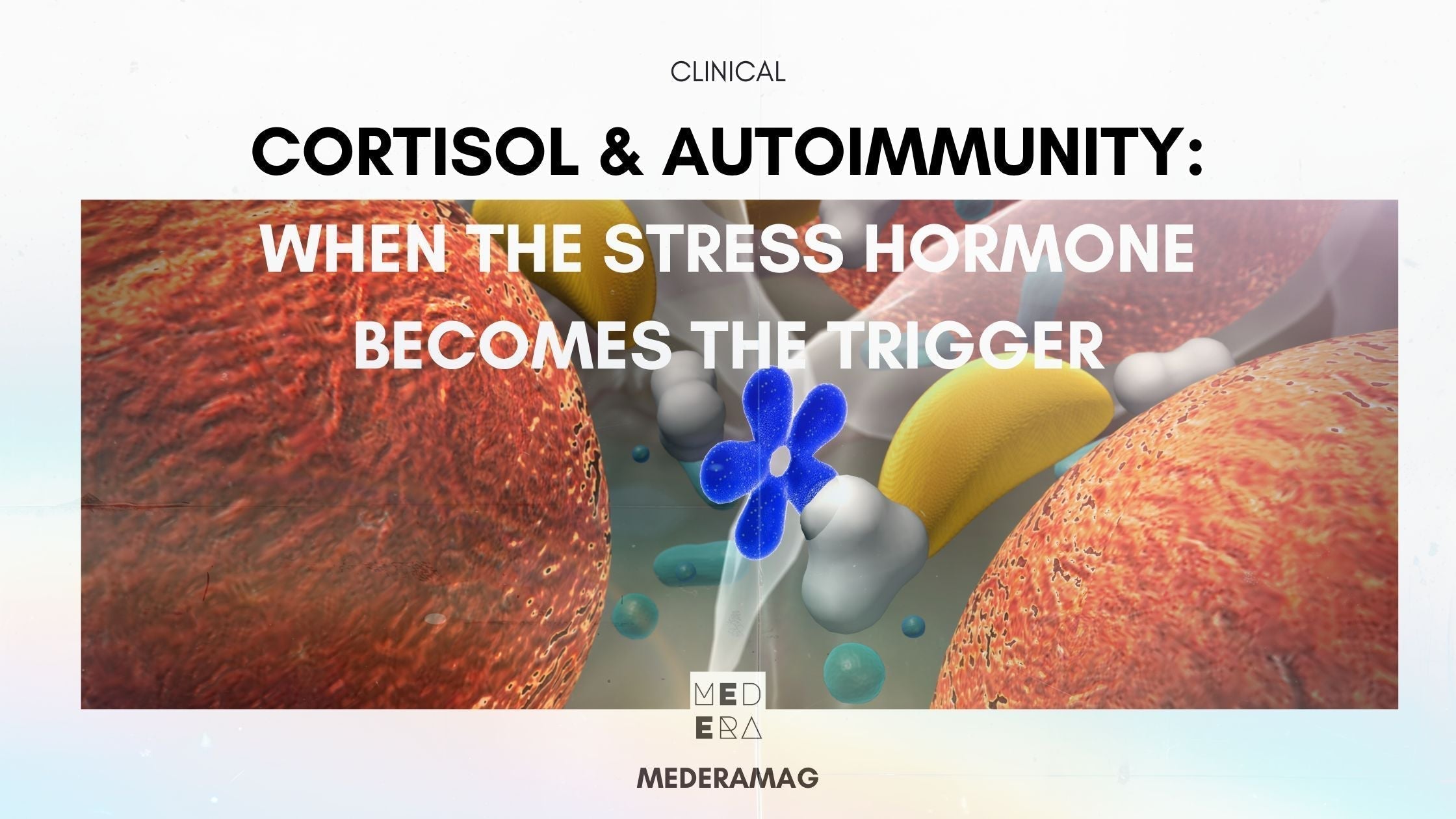
Cortisol & Autoimmunity: When the Stress Hormone Becomes the Trigger
When we talk about the science of stress, we’re actually talking about the science of cortisol. I say this because the body cannot differentiate between physiological and psychological stress. That’s to say — the stress response is virtually the same every time, irrespective of whether that stress is a broken bone or an emotionally traumatic event.
Cortisol has an important role in the context of autoimmunity because it also happens to be an important immune-modulating hormone. This means that cortisol’s rhythm plays a critical role in the pathogenesis of autoimmune disease. And is often overlooked by doctors.
Autoimmunity doesn’t begin with the immune system alone. Ie, an immune system doesn’t just decide to go rogue. This is why naturopaths often talk about the “autoimmune trigger”. And for many of us, as I’ll discuss in this article, that trigger may be trauma — whether physiological or psychological — because remember, the body can’t tell the difference.
Cortisol is your body's natural anti-inflammatory.

We often think of cortisol as a bad guy — but it’s not. In fact, your body wouldn’t function without it. Cortisol is an important hormone secreted by your adrenal glands that plays a role in immune regulation, sleep-wake cycles, and the body’s stress response.
Cortisol is secreted in a circadian rhythm, peaking in the morning to help you wake and tapering off at night so your body can repair.
Cortisol secretion is the beginning of myriad cascade reactions in the human body, but the most notable ones relating to autoimmunity include:
-
Cortisol inhibits the production of pro-inflammatory cytokines such as IL-6, which is often implicated in autoimmunity
-
Cortisol promotes regulatory T-cells, the kind that stop the immune system from attacking self-tissues
-
It helps maintain gut barrier integrity, reducing the risk of leaky gut — which is a well-known trigger of autoimmunity
So now you’re probably thinking — well, stress is a good thing! The answer is still no. And that’s because if cortisol remains chronically high, the rhythm can become flattened — meaning there’s no morning peak. This is essentially the beginning of adrenal burnout, where the adrenal glands become exhausted and produce very low amounts of cortisol. This is a common occurrence in people who are either chronically stressed or who have a history of trauma.
When cortisol becomes insufficient, its anti-inflammatory control disappears — and the immune system can start to spiral.
When cortisol is low, inflammation is high.
The immune system is a tightly regulated body system that, while it should respond to pathogens and other immune triggers, should not be “on” all the time. It should activate in response to threats and then deactivate once the job is done. Cortisol is one of the signals to the immune system that the danger has passed.
Now you can see the pieces of the puzzle coming together. When a person has been chronically stressed or exposed to trauma and cortisol becomes depleted, an important regulatory “switch” for the immune system never arrives.
This leads to:
-
Fewer regulatory T cells, and therefore more self-reactivity
-
Mast cells become hyperactive, which can cause histamine intolerance
-
Gut barrier function declines, giving the immune system even more triggers
-
Autoimmune antibodies may be on the rise
This isn't just stress. This is stress-induced immune dysregulation — and it's a common (and often unrecognised) driver of autoimmune disease progression and severity.
Cortisol is the hormone your medications are imitating.

Interestingly, steroidal anti-inflammatories such as prednisolone or hydrocortisone are cortisol analogues. This means that they actually mimic the job of cortisol, and they are highly effective at reducing inflammation — but have dire consequences when used long-term.
These commonly used treatments for autoimmune conditions suppress inflammation because cortisol is inherently anti-inflammatory. So while they suppress inflammation, they do not address the underlying issue of cortisol and adrenal depletion. On top of this, steroidal drugs shut down inflammation indiscriminately, and they also shut down endogenous cortisol production — which is why many people develop a dependency for these drugs.
This is why we often see a rebound effect after stopping steroid medication — inflammation spikes, because the underlying dysfunction hasn’t been addressed.
Naturopathically, the goal isn’t to replace cortisol. It’s to restore HPA axis regulation — so your body can produce and rhythmically release cortisol on its own, in the right amounts, at the right times.
The cortisol-trauma-autoimmunity connection.
Now that you understand the role of cortisol in autoimmunity, we can talk about trauma, and how this may biologically lead to a dysfunctional immune system.
ACE (Adverse Childhood Experiences) research shows that individuals with high early-life trauma scores are 2–3x more likely to develop autoimmune disease later in life.
Why?
As we discussed, chronic dysregulation of the cortisol response leads to adrenal fatigue aand a flattened cortisol rhythm. This increases sympathetic nervous tonee, reduces immune tolerance (absence of proper cortisol rhythms) and leads to a constant state of physiological vigilance.
This creates a loop:
-
Cortisol becomes dysregulated
-
The immune system becomes hypervigilant
-
The gut becomes more permeable
-
Antigens and toxins slip into circulation
-
The immune system becomes confused
-
Self-tissues become collateral damage
This is how unresolved trauma becomes immune dysfunction — not metaphorically, but biologically.
The naturopath's approach.

Wherever we see trauma as a potential causative factor in autoimmunity, and if we want to treat the cause, we have to address the trauma. This often involves working with a trusted professional to deal with the trauma. The naturopath comes in to help restore the regulation that cortisol was designed to provide. This includes:
-
Re-establishing circadian cortisol rhythm (light in the morning, sleep in the dark)
-
Supporting adrenal recovery through rest, nourishment, and adaptogens
-
Healing the gut to reduce antigen load
-
Processing stored trauma through somatic practices, such as bodywork
-
Using naturopathic strategies to support the HPA axis
Cortisol is not your enemy. It’s an important part of the human body’s stress response, and it has dramatic effects on immunity. When the cortisol rhythm is disrupted — through burnout, trauma, or depletion — autoimmunity can take root.
But the body has memory. And with the right rhythm, environment, and support, it can remember how to come back into balance.




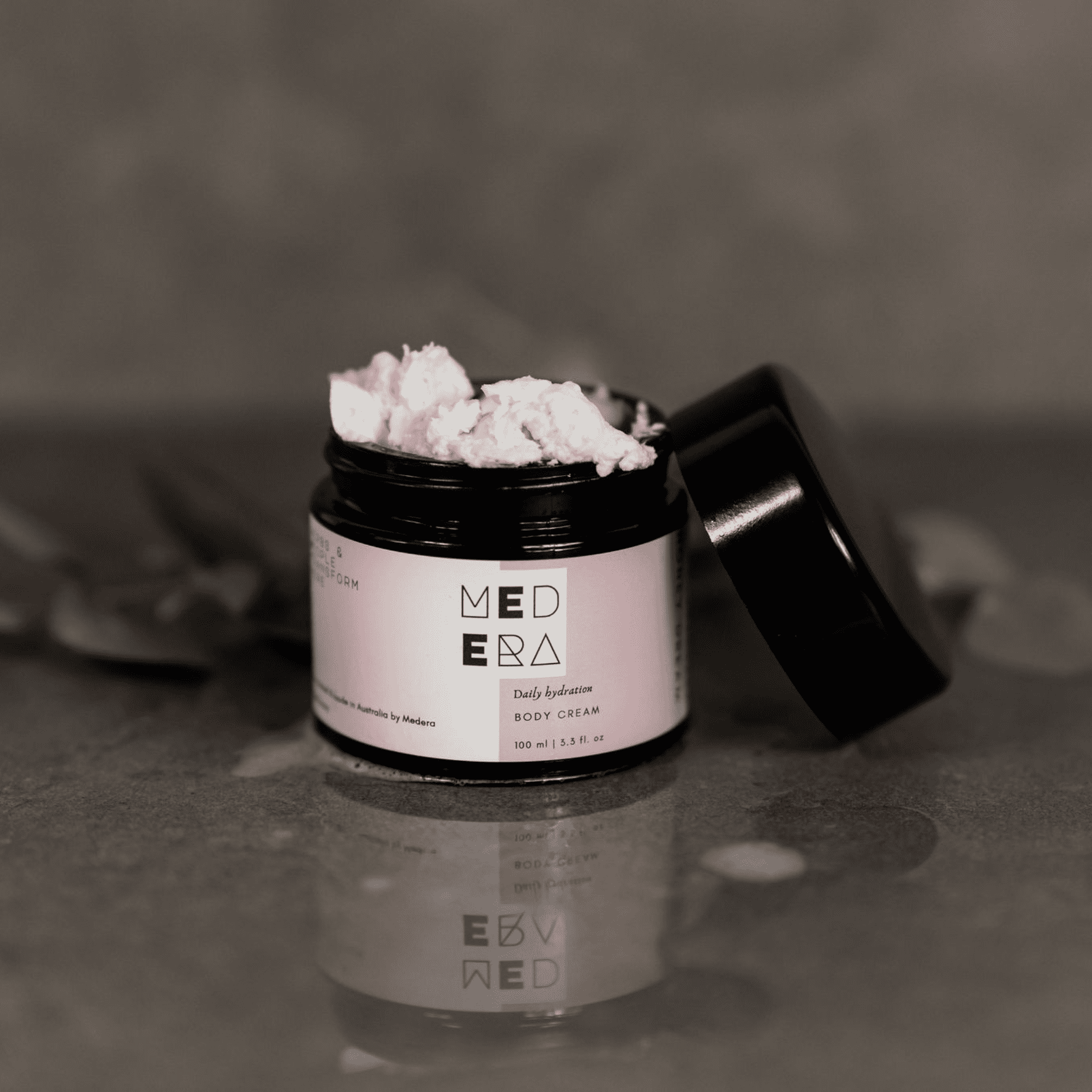



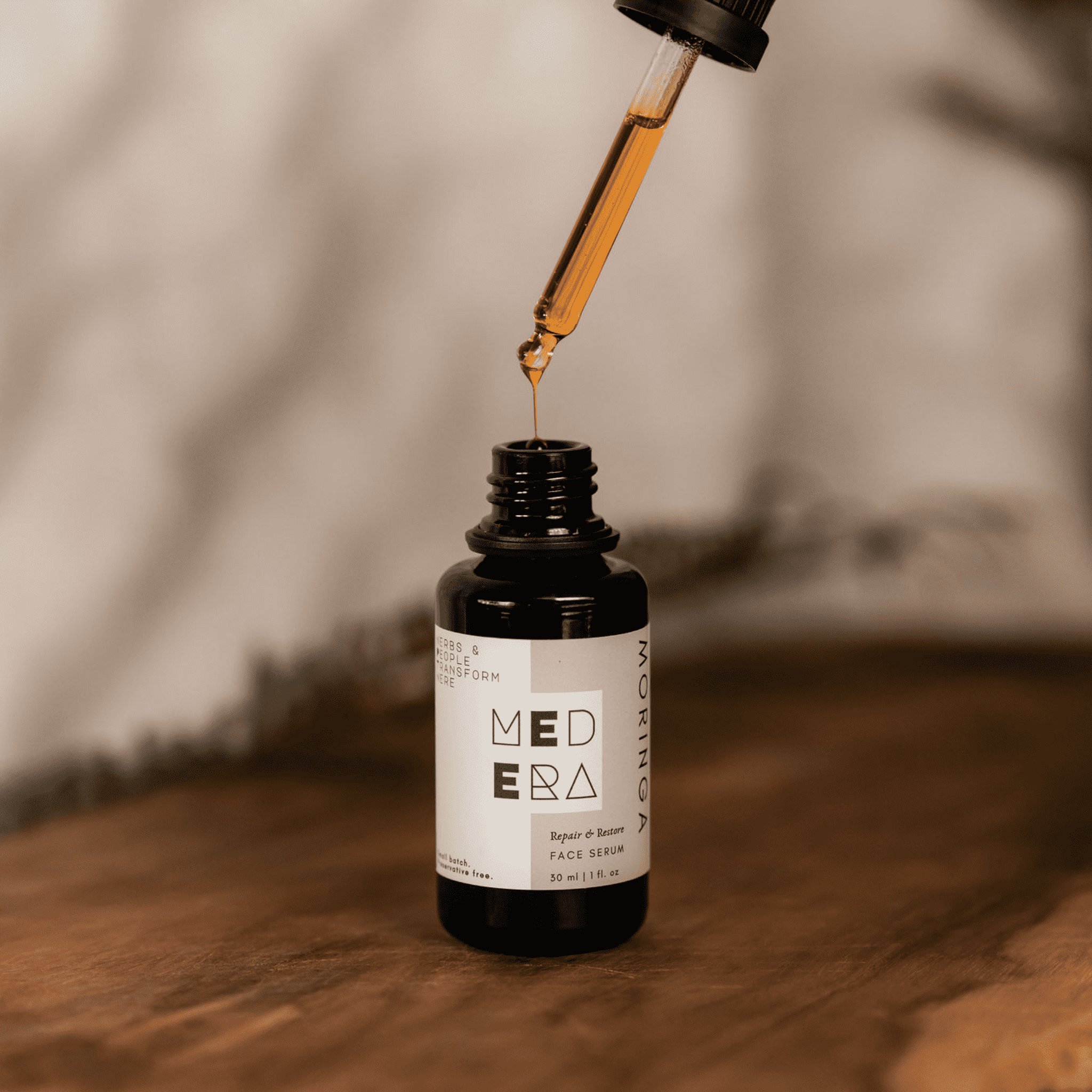


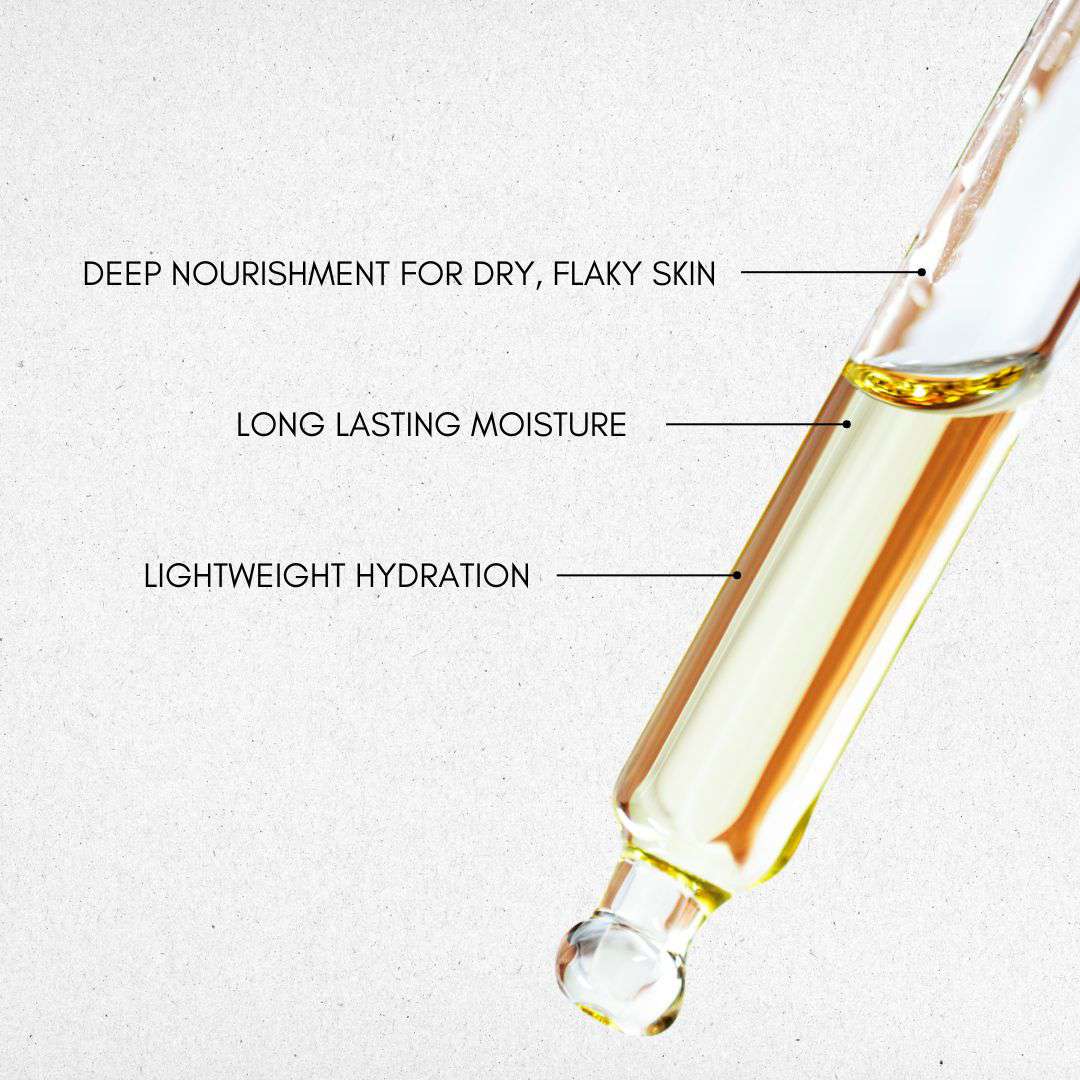


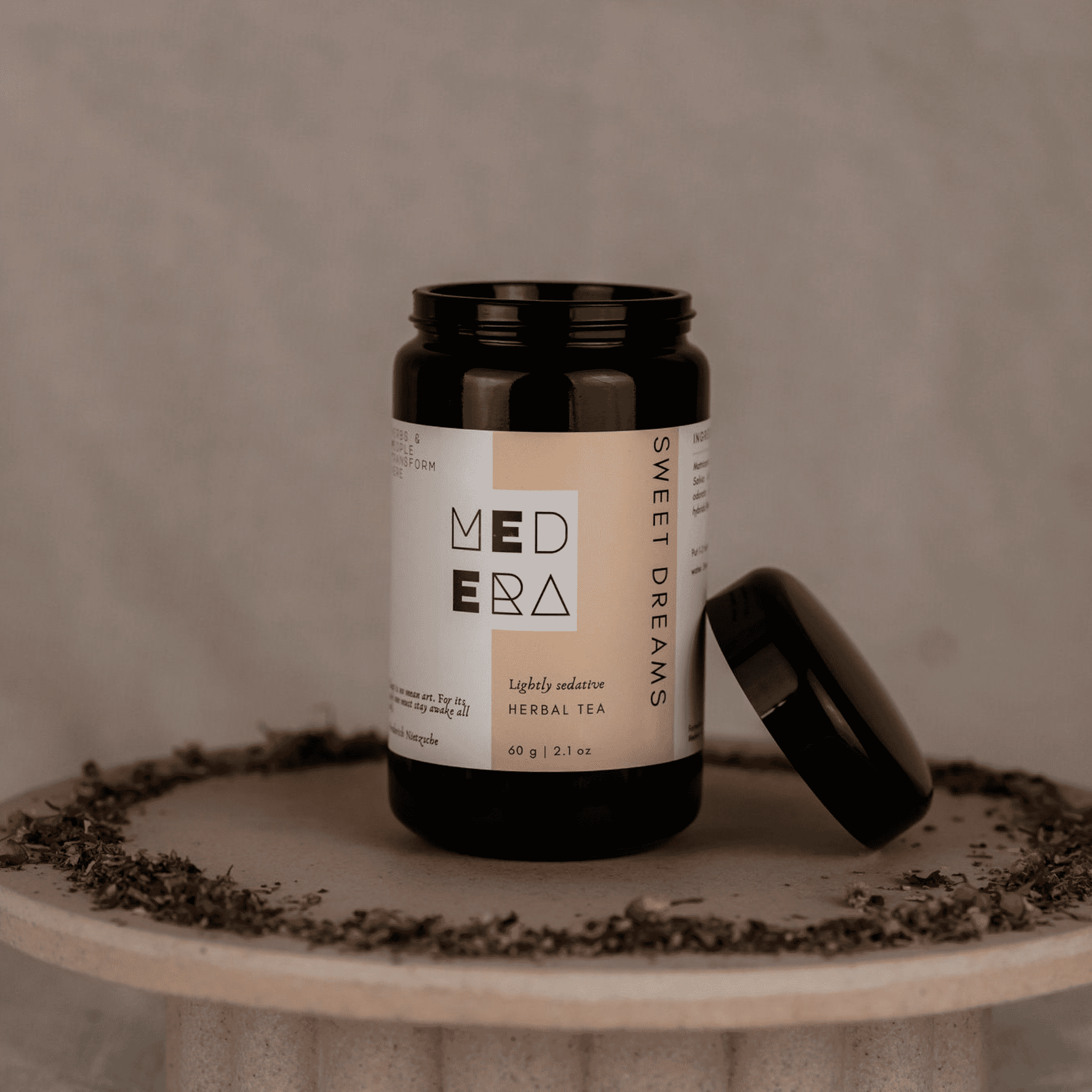
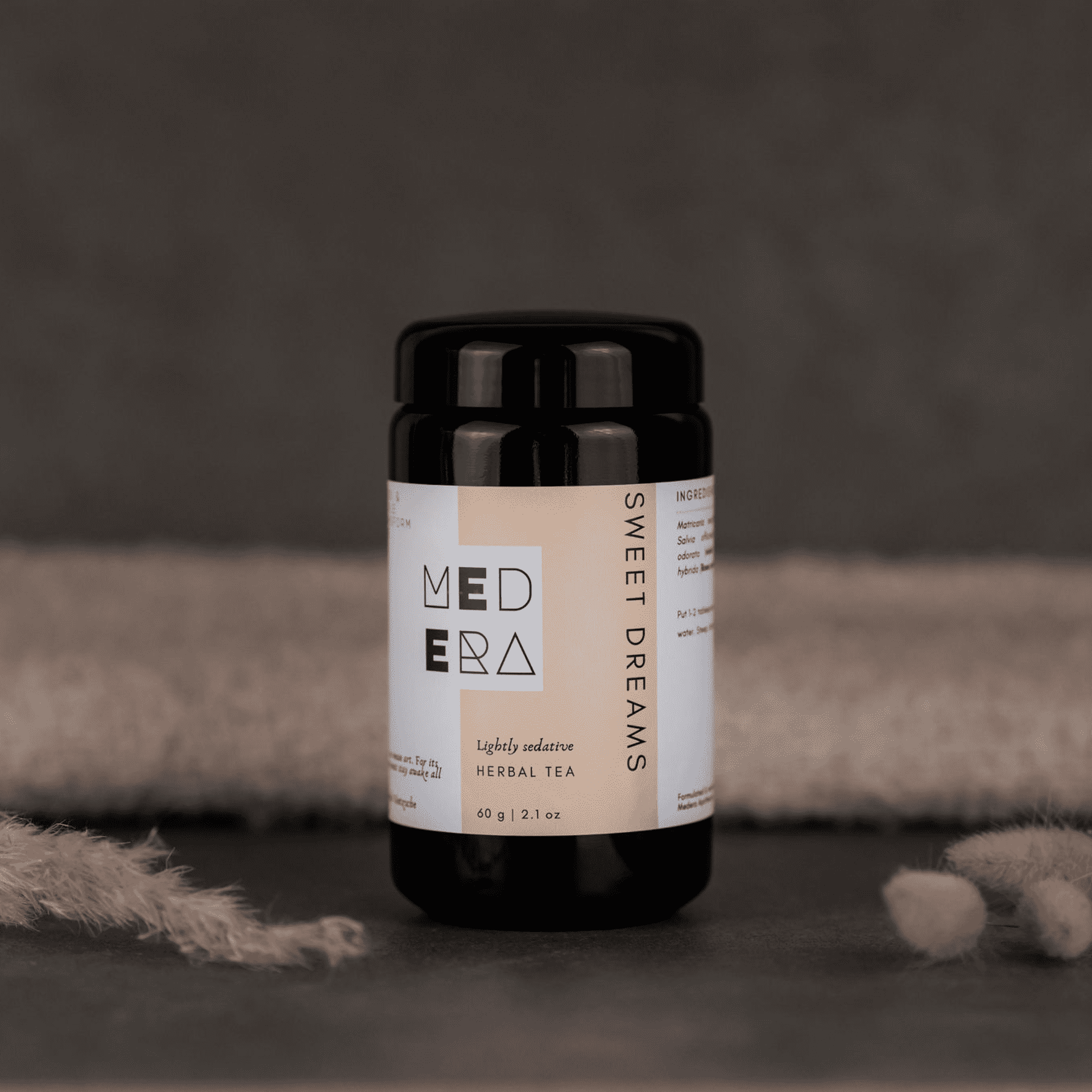


Leave a comment
This site is protected by hCaptcha and the hCaptcha Privacy Policy and Terms of Service apply.